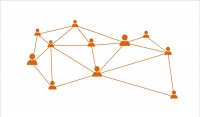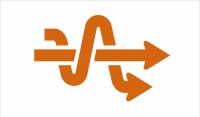Rethinking Value Theory
Value theory lies at the heart of economics. Behind every production process, every exchange of goods, every purchase, every choice agents make, is the concept of value – value is the essence of economics. Thus any coherent overall economic paradigm is going to need a formulation of economic value and how we define value will be of critical importance in the formation of any economic paradigm. A re-conception of economic value will lie at the heart of any reformulation of standard economic theory.
In this paper, we discuss the basics of economic value by looking at the two primary approaches to its formulation; that of the subjectivist theory of value and that of the objectivist theory of value. We will try to answer the question as to the foundations upon which each bases its derivation of value. We will then go on to analyze the advantages and disadvantages of both approaches before drawing conclusions about the potential for advancing our current formulation of economic value theory beyond its existing limitations.
As motivation for such an inquiry we can note that this is far from being a purely academic debate but of much relevance to current discussion within economic policy and society at large where there is a growing demand for economic theory that is both able to factor in the full set of social and environmental costs and able to better reflect real human well-being. What makes this such a relevant debate at the turn of the 21st century is a combination of both changing societal values/perspective and new technological means. A new paradigm to our global economy is emerging as industrial economies transit into post-industrial services economies; as the reality of environmental degradation becomes apparent and as globalization stretches and challenges the existing national institutional infrastructure. These major trends are driving a new vision and conception of what people value and making apparent the limitations of our existing theory of value grounded in a subjectivist model.
These major trends are combining with new technological means. What has changed with respect to our technological means is that with information technology we have for the first time the capacity to actually access and process a large part of the data required for factoring in the many value sources that go into operating an advanced economy. Big data, IoT and advanced analytics will give us the means to sense and quantify our world like never before, the challenge is to make sense of this data. To build models that enable the economic theory that runs our global economy to reflect the underlying reality and thus enable us to manage it more effectively.







